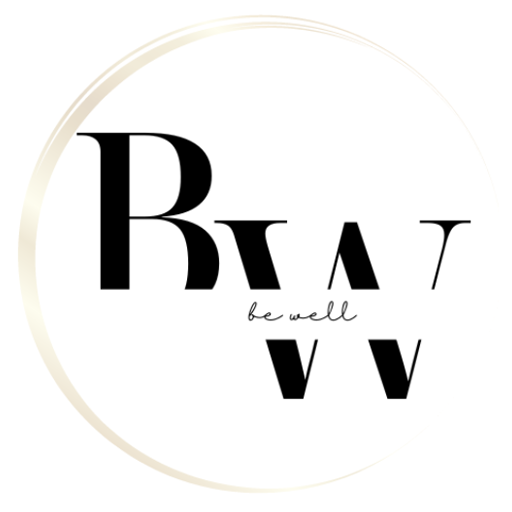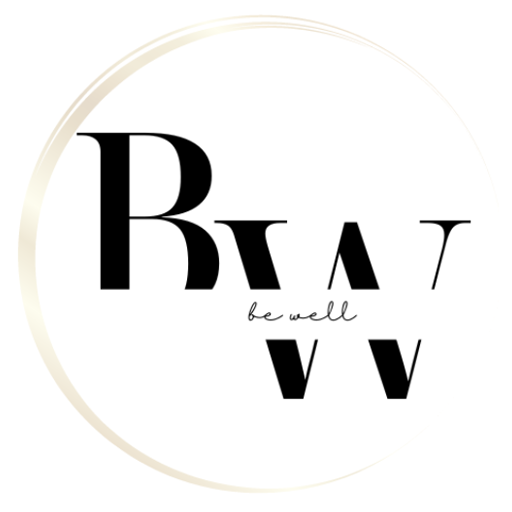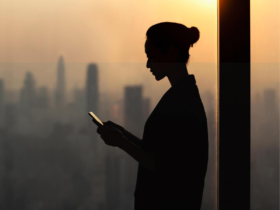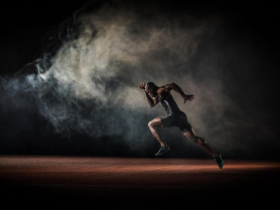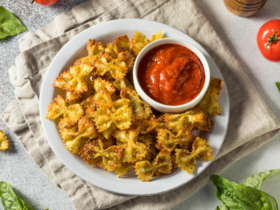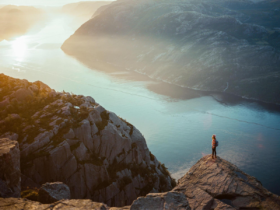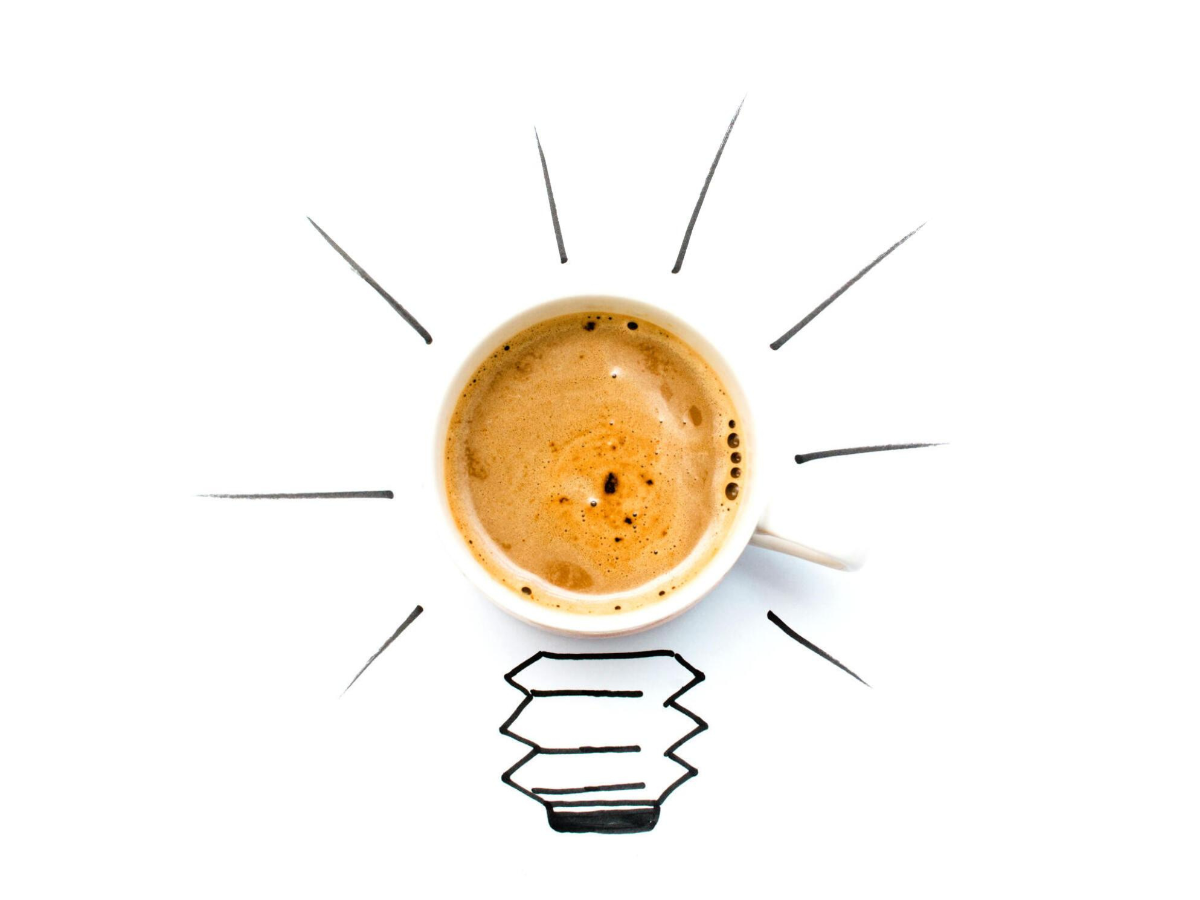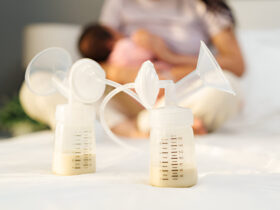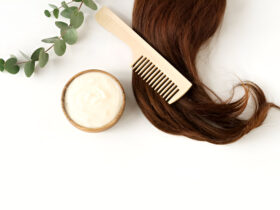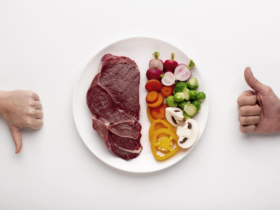Throughout history, artists, writers, and intellectuals have sought inspiration in unconventional realms. Whether it’s Beethoven drawing inspiration from nature walks or Hemingway finding his muse in caffeine-fueled writing sessions, the connection between creativity and stimulants has intrigued and sparked discussion. Yet, does caffeine genuinely unleash the gates to creative expression, or is it merely a notion perpetuated by late-night cramming sessions and anxious writers?
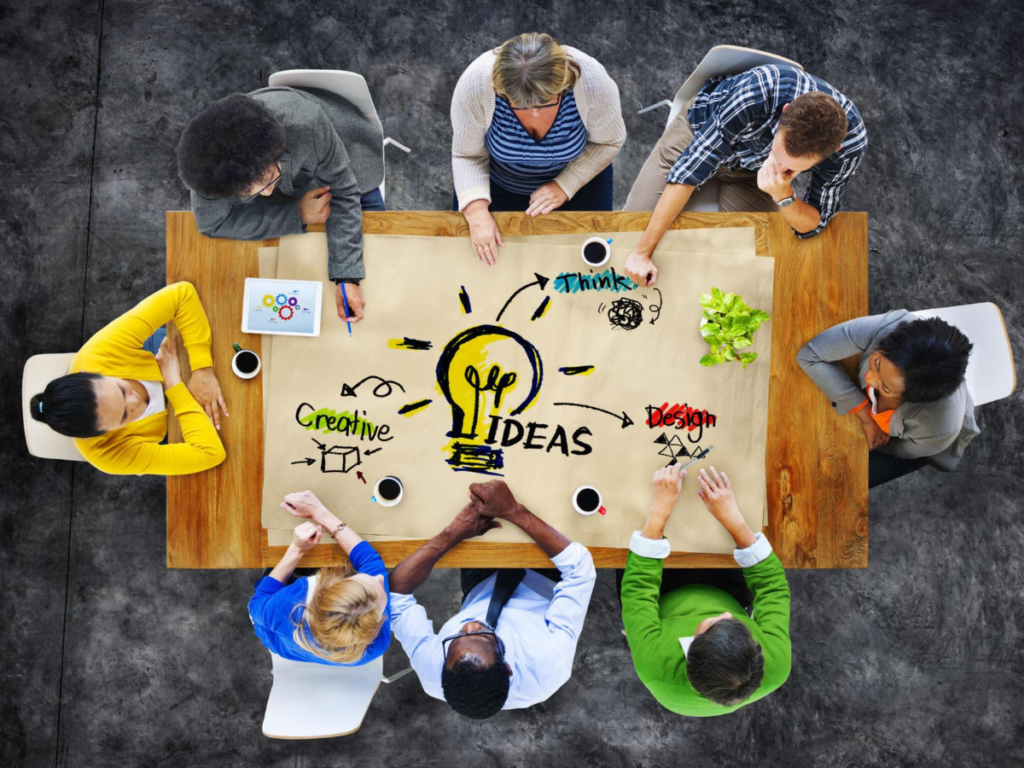
The Science Behind the Buzz:
Caffeine, the world’s most popular psychoactive drug, works by inhibiting an inhibitory neurotransmitter called adenosine. This action leads to increased alertness, focus, and energy, often perceived as a “boost” in cognitive function. Studies suggest that caffeine can enhance attention, processing speed, and working memory, all beneficial aspects for creative tasks. Additionally, dopamine, a neurotransmitter associated with reward and motivation, receives a slight nudge from caffeine, potentially fueling the drive to persevere through creative challenges.
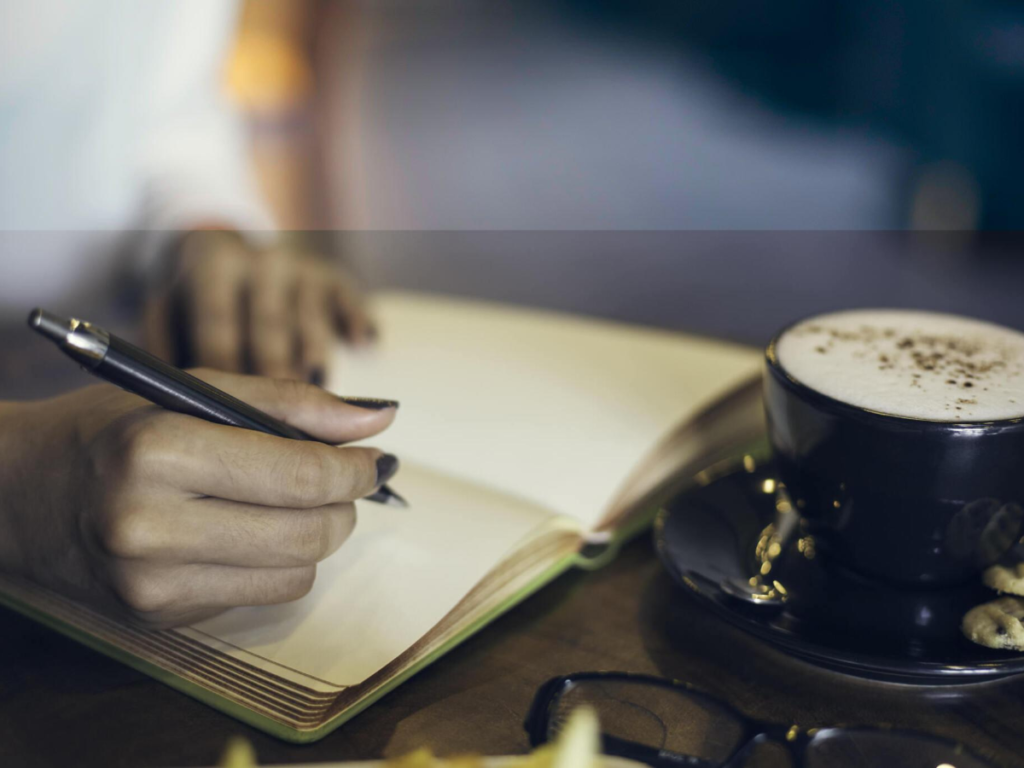
The Creative Spark:
Beyond the purely cognitive effects, caffeine may also influence creativity in more nuanced ways. Research suggests it can enhance divergent thinking, encouraging the exploration of diverse ideas and solutions. This “freeing” effect can be instrumental in brainstorming sessions or overcoming creative blocks. Some also find caffeine fosters a sense of “flow,” that state of complete immersion and focused energy where creative breakthroughs often occur.
From Hype to Nuance:
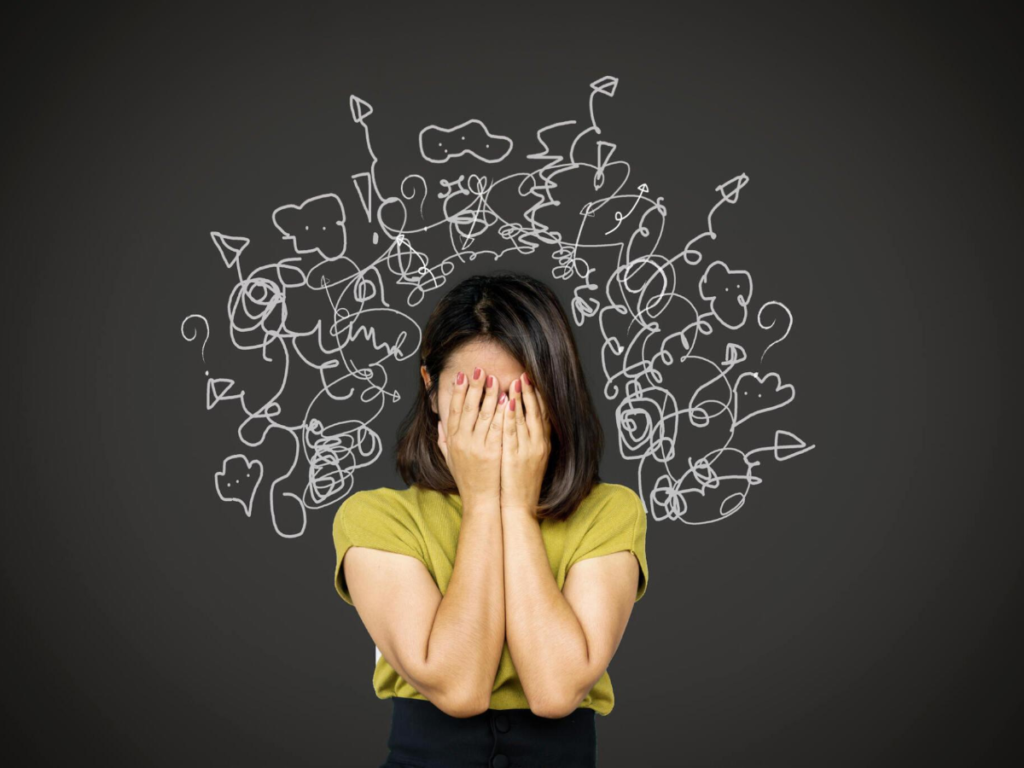
However, the caffeine-creativity story is not without its caveats. Studies show the relationship is complex and individual-sensitive. While some may experience a boost, others might find caffeine disrupts their usual creative process, leading to anxiety, jitters, or difficulty focusing. The optimal dose also varies greatly, making it a personal journey to discover what works best.
Beyond the Mug:
Moreover, attributing creative breakthroughs solely to caffeine would be an oversimplification. A multitude of factors contribute to creative expression, including intrinsic motivation, passion, skill, and a conducive environment. Caffeine might act as a supporting player, but it’s certainly not the sole director of the creative show.
Brewing Your Own Blend:
So, where does this leave us in the quest for creative caffeinated concoctions? Here are some pointers:
- Experiment Responsibly: Start with small doses and observe how you respond. Monitor your creativity, focus, and overall well-being to find your personal sweet spot.
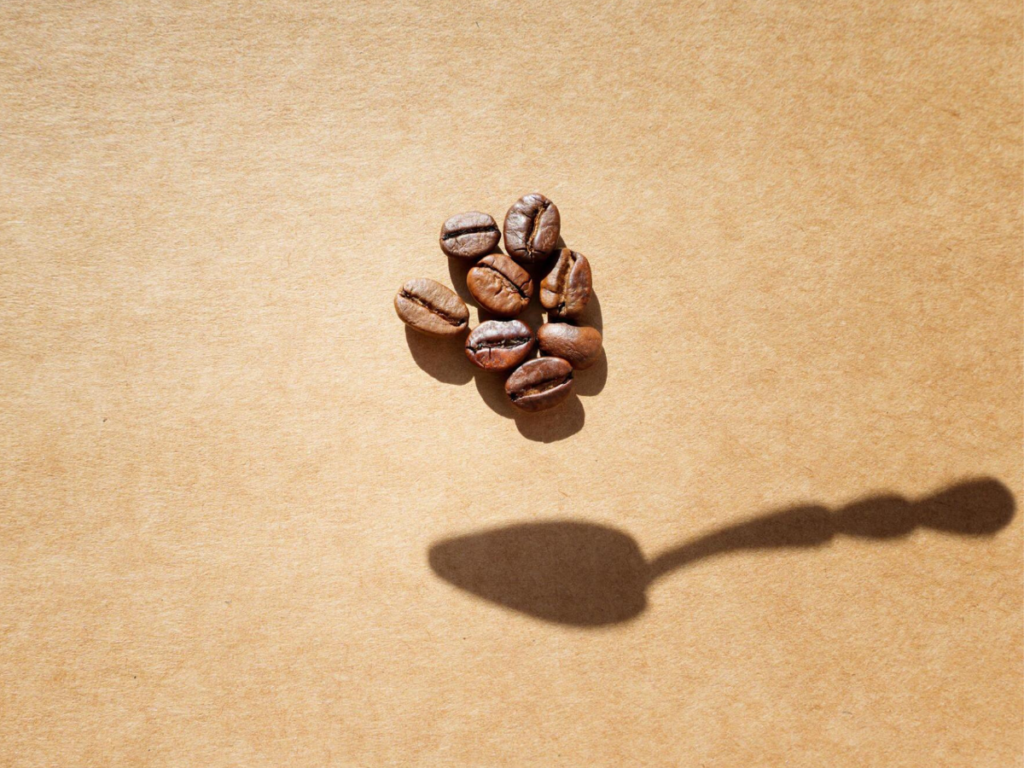
- Listen to Your Body: Don’t force it. If caffeine disrupts your creative flow, prioritize your well-being and explore alternative methods to stimulate your mind.
- Fuel Your Inspiration: Combine caffeine with other creativity-enhancing practices like meditation, exercise, exposure to nature, or engaging with inspiring content.
- Remember, You are the Artist: Caffeine might be a tool, but the true power lies within you. Cultivate your skills, nurture your passion, and experiment to discover what unlocks your unique creative potential.
A Final Sip:
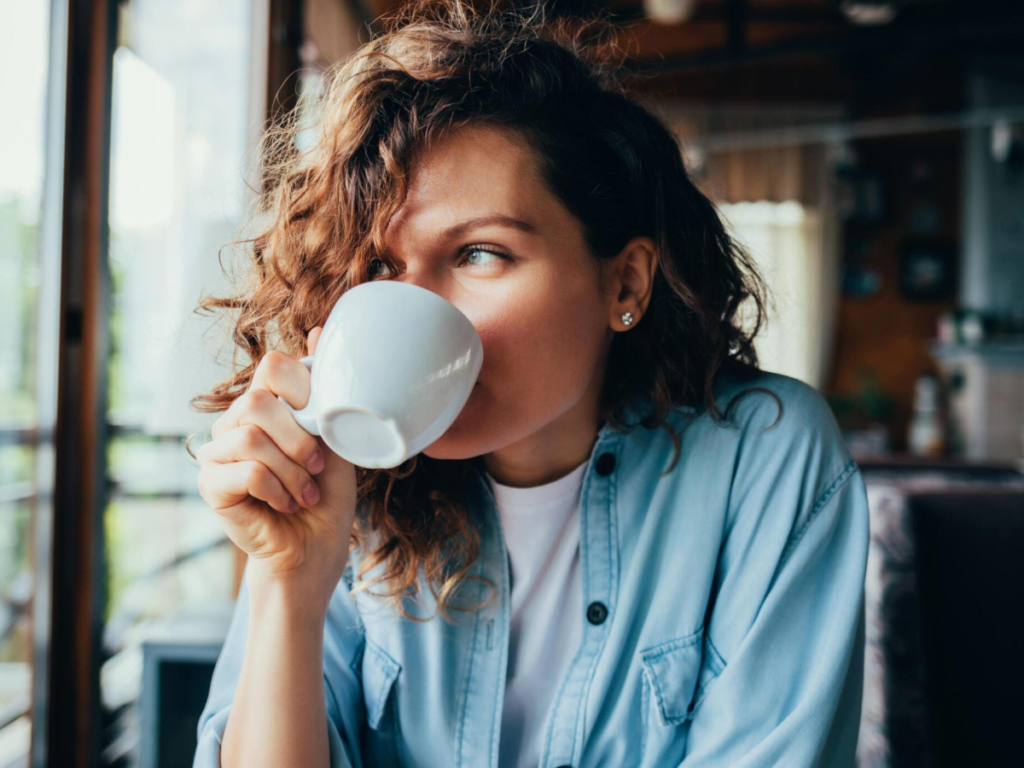
Ultimately, the relationship between caffeine and creativity is a complex dance with individual variations. While scientific evidence suggests potential benefits, it’s crucial to approach it with awareness and experimentation. Remember, the true magic lies in finding what works best for you, fueling your mind and spirit to unleash your own unique creative expression. So, grab your mug, explore, and discover the perfect blend for your creativity to truly flourish!
